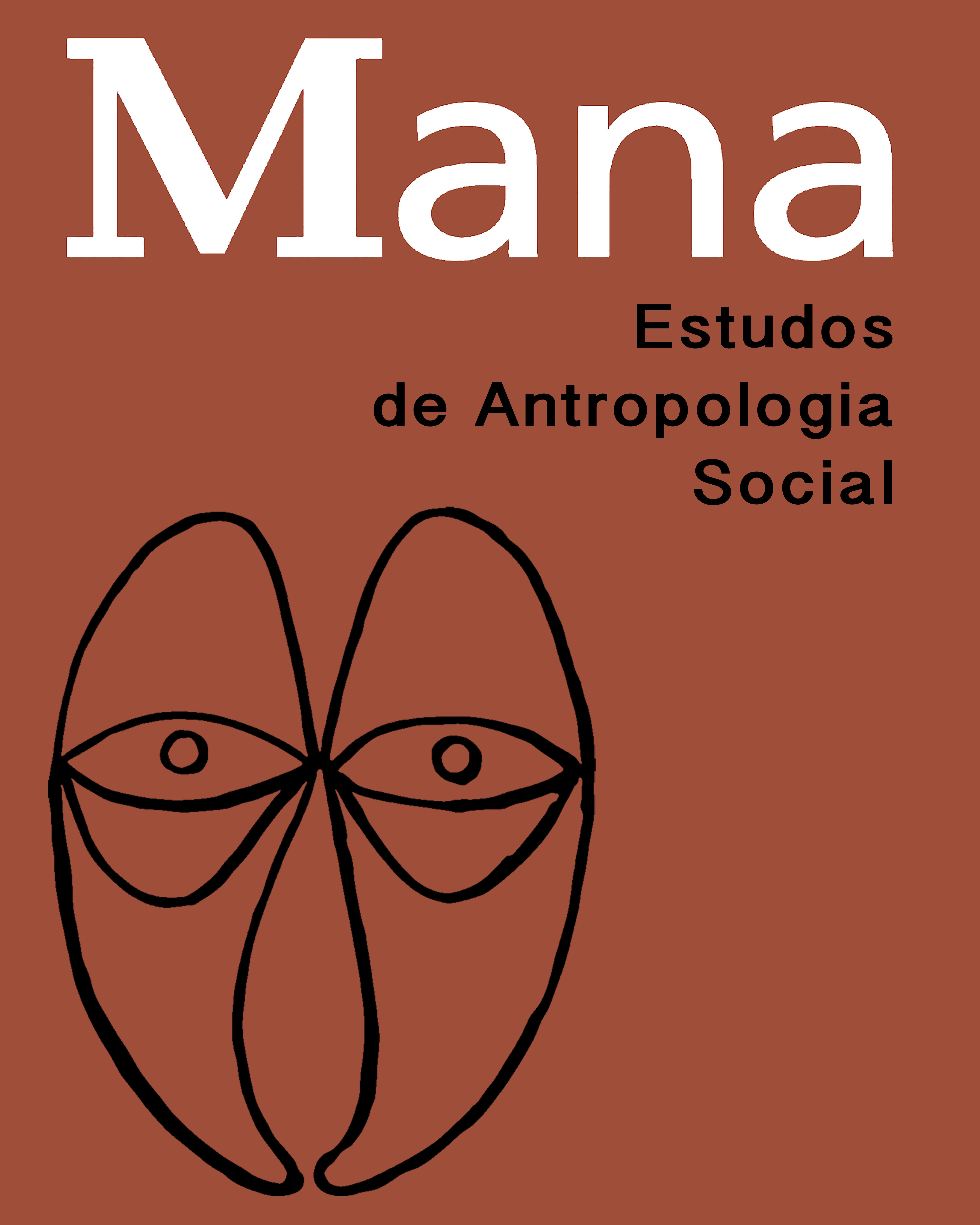Abstract
This article presents the notions and experiences of awajún people living with HIV/AIDS. The awajún population of "El Cenepa" district express their understanding of HIV/AIDS as an apách (non-indigenous) condition; using the expressions "játa SIDA" and "waweamu con síntoma de SIDA", portraying their novel notions of sickness and sorcery. These awajún conceptions conjugate different corporal, social and spiritual levels that intertwine with the multiplicity of what it means to "be sick". Based on the analysis of two life stories (of Elvis and Ricardo), I show the paths taken in search of health and the complex relationality displayed by families, especially mothers, of the people affected by this epidemic.
Key words: HIV; AIDS; awajún; sickness; sorcery and care

 Between játa and waweamu: HIV/AIDS in awajún communities of the Peruvian Amazon.
Between játa and waweamu: HIV/AIDS in awajún communities of the Peruvian Amazon. Thumbnail
Thumbnail
 Thumbnail
Thumbnail
 Fuente: Elaboración propia.
Fuente: Elaboración propia.
 Fuente: Familia Túwi, 2014
Fuente: Familia Túwi, 2014